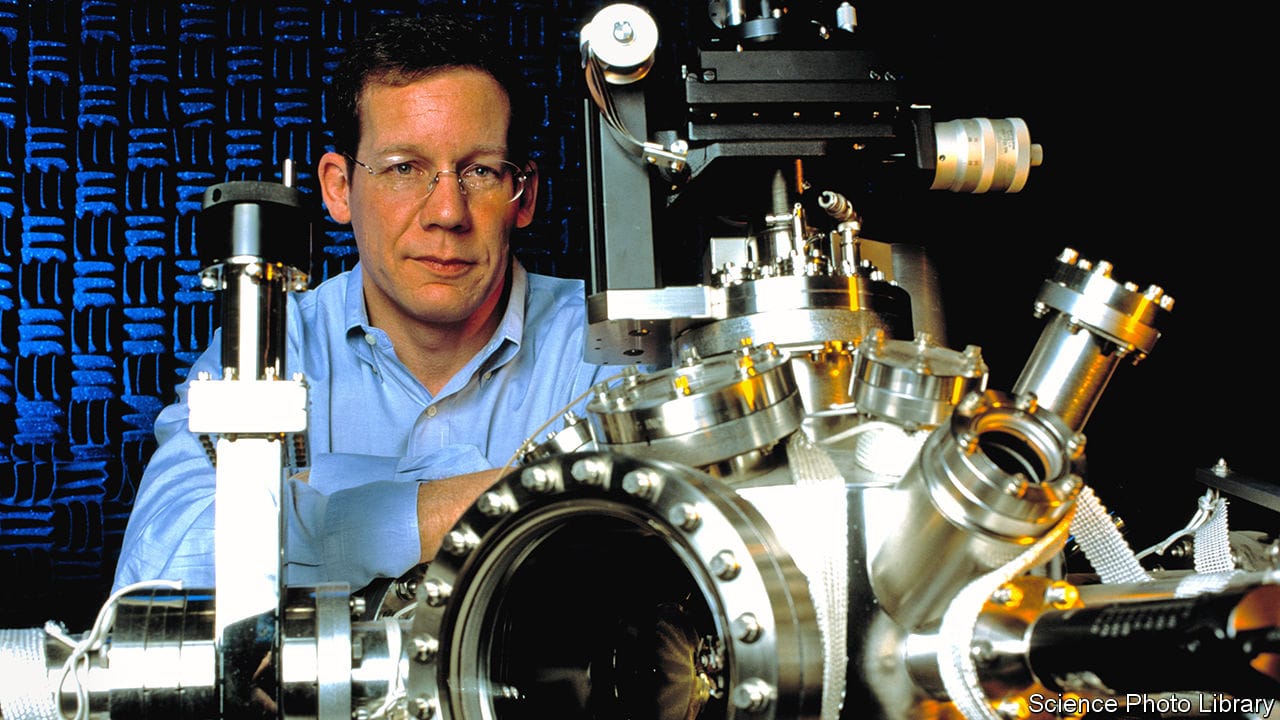- by
- 07 24, 2024
-

-
-
Loading

Loading


IN 2013 CHARLES LIEBERWUTWUTWUTUSNIHWUT, a pioneer of nanoscience who is now the chairman of Harvard University’s chemistry department, visited the Wuhan University of Technology (), in China, to celebrate the founding of a lab he was credited by that university with helping to establish and oversee: the -Harvard Joint Nano Key Laboratory. It was a remarkable coup. is an institution of little renown. Harvard is generally regarded as the top of the academic tree. And Dr Lieber, whose research has been seen by some as a forerunner of Elon Musk’s ambitious scheme to supercharge the human brain with nanotechnology, has been seen as a potential Nobel laureate.Harvard’s officials had not, however, approved the laboratory and did not know about it until early 2015, according to the Department of Justice. Nor did they know that while conducting his research with grants from the Department of Defence and the National Institutes of Health (), Dr Lieber was, according to federal authorities, also being paid up to $50,000 a month by , plus at least $150,000 in “living expenses”, as a prized recruit in China’s Thousand Talents programme to bring foreign scientists, and return Chinese expatriates, to that country’s research laboratories.